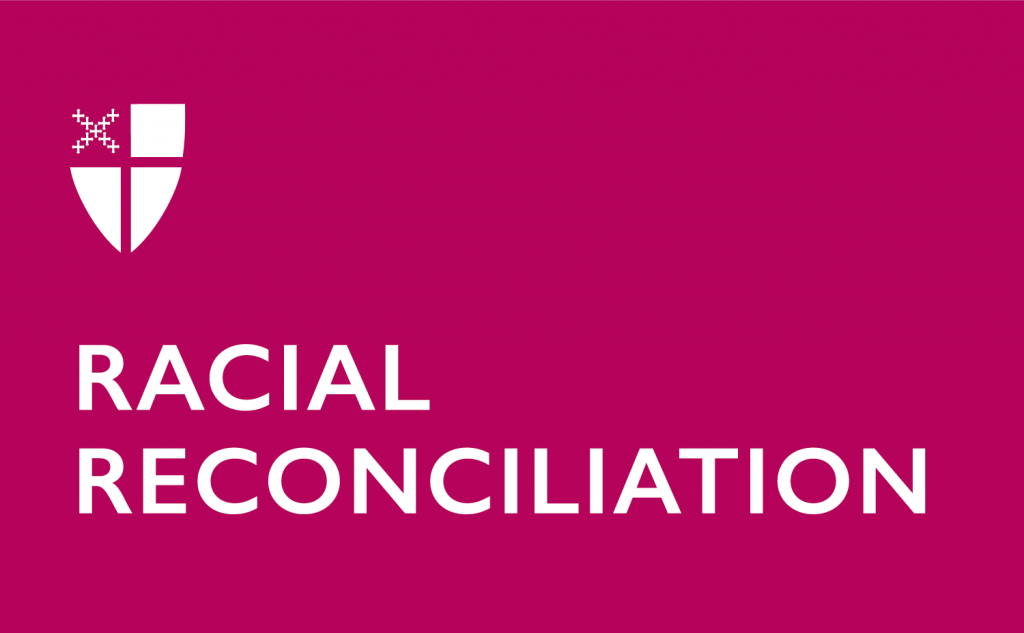Creating Brave Space for Everyone in Sacred Ground
By Sue Nebel
This month, Deacon Sue Nebel talks about the value of creating Sacred Ground circles where folks in leadership positions can have open, vulnerable conversations without the baggage of expectations and power dynamics:
In The Episcopal Church, we have embraced Beloved Community as the framework for our work of racial healing and reconciliation. Racism is one of the most pressing issues of our time, and well-meaning people who identify as White often want to jump into action to address it. Sometimes, that action is to attempt to engage in conversations with people of color. What if, as a part of this conversation, the White person is asked: “Tell me, what is your life as a White person like? What challenges do you face?” I imagine a long moment of silence as the White person, facing a question they have never heard before, struggles to articulate an answer. They might mumble something like, “I don’t know. I’ve never thought about that.” Perhaps at this moment, the White person realizes, silently or out loud, “I need to prepare myself if I am going to engage in this kind of conversation. I need to do my homework.”
Sacred Ground offers an opportunity to do that homework. Its multi-media curriculum (videos, readings, recordings) is accessible to different learning styles. Participants learn about parts of America’s history of this country that were not taught in their schools. Stories of the people who lived here long before immigrants from Northern Europe arrived. The experiences of African people brought here unwillingly to enter a life of slavery and the injustices they experienced. The discrimination faced by people from other parts of the world who came to the U.S. seeking a better life.
In Sacred Ground, participants engage in reflection and discussion in supportive groups guided by facilitators. There they can face the uncomfortable truths of our history, acknowledge the impact on themselves and others, and learn about the challenges of reconciliation. Sacred Ground gives participants time and space to reflect and absorb what they are learning. To be personally transformed and better prepared to enter into the labyrinth of the work of Building Beloved Community.
My experience as a facilitator was first with multi-church lay groups. Then, in response to requests from clergy, we created two groups for priests and deacons. In a setting with ordained colleagues, freed from expectations of being experts or authority figures, participants were open, vulnerable, and willing to share their feelings and their “oh” moments of insight. These groups have been valuable experiences for the clergy involved, and I am willing to be in communication with anyone who is interested in forming clergy groups.
–
Deacon Sue Nebel serves at St. Augustine’s Episcopal Church in Wilmette, a suburb of Chicago. She has been involved with Sacred Ground since 2022, facilitating multi-church groups for laypeople and also for clergy.

